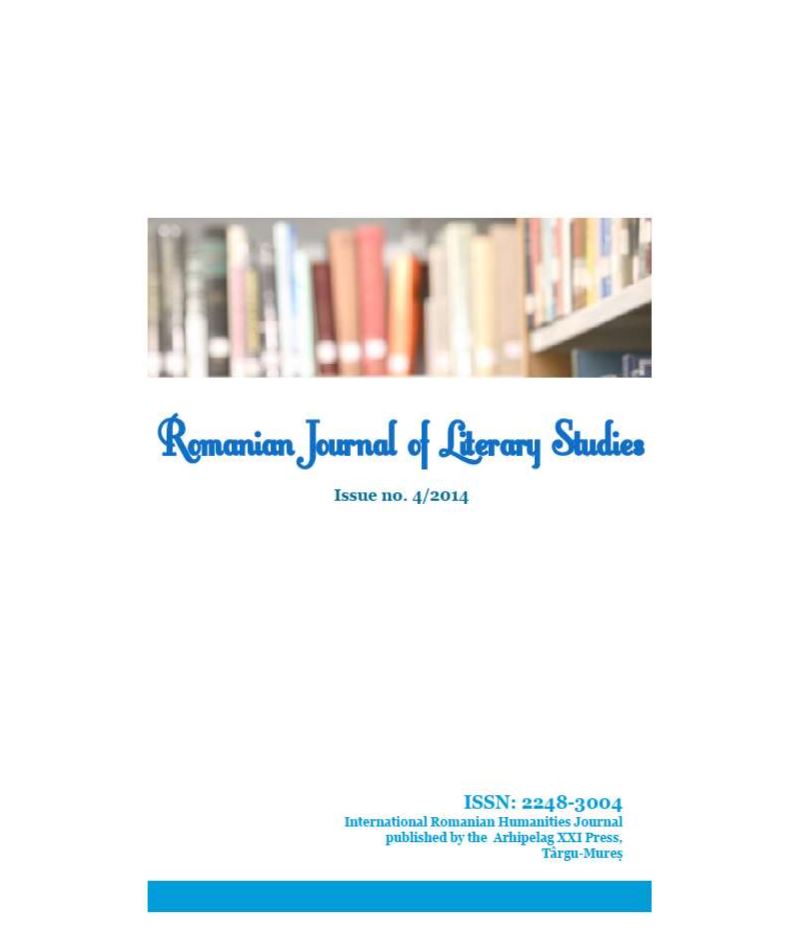THE PRACTICE OF THE INTEGRATED PREVENTION
THE PRACTICE OF THE INTEGRATED PREVENTION
Author(s): Enikő Albert-Lőrincz, Csanád Albert-LőrinczSubject(s): Language and Literature Studies, Literary Texts
Published by: Editura Arhipelag XXI
Keywords: Community mental health ; health promotion ; direct and indirect prevention ; prevention levels ; reactive prevention ; protective factors ; predictive factors ; individual and community tailored ; In
Summary/Abstract: Our study regarding the theoretical and practical aspects of the integrated prevention is based on a specific methodological design and analysis of the gathered data. However, our main goal it's not the communication of the quantitative results, instead we intend to formulate the theoretical conclusions that can be deriving from our analyses. Our data were gathered through analyses last for more than two decades, applying questionnaires, interviewing and focus group experiences regarding the problematic of drug consuming, and our goal is to raise this information to a level of theoretical conceptualization. The actuality of our study is given by the fact that data provided by both our research and international literature show that deviances, including the frequency of drug use is manifesting an ascendant trend. Topics about prevention are present among the resources and discussions in home specialty literature for decades, in campaigns or rather sporadically. However, we can observe a lack of regional or national coordination, and planned collaborative prevention practices. In the same time, we rarely find an aggregation and summarized interpretation of the national research data, which allows the translation of them into theoretical models. Our goal is to fill this gap through our analyses. We believe that only prevention programs that are adapted to the local conditions and sociocultural environment will show a relevant efficiency. Nowadays, they are being used the same universal programs from America to Europe. In our study, we perform to a theoretical explanation of prevention, this way raising the possibility of an attitude change, and the establishment of a national data-based preventative approach. In our approach, we integrate the concepts present in the international literature of prevention. Furthermore, we are subtracting those conclusions on which bases the prevention can be interpreted as a tool for community mental health and sharing those aspects that contribute to the design and implementation of efficient prevention. We also provide theoretical models serving the design and the implementation process of prevention, besides introducing a new concept: the designation of integrated prevention, based on our analyses.
Journal: Journal of Romanian Literary Studies
- Issue Year: 2014
- Issue No: 04
- Page Range: 050-055
- Page Count: 6
- Language: Romanian

